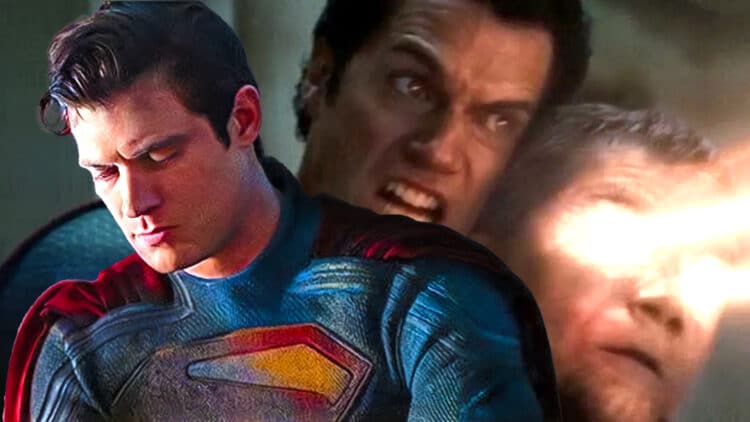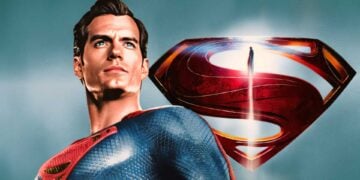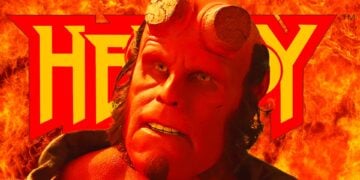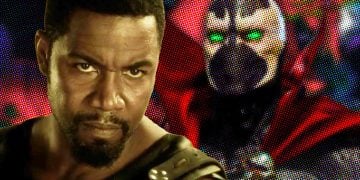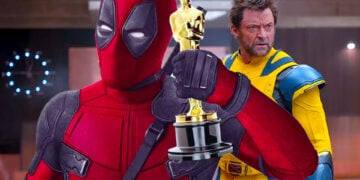James Gunn’s upcoming DCU might be tempted to establish a no-kill rule for David Corenswet’s Superman, but this won’t work in light of the impact of Zack Snyder’s Man of Steel.
The No-Kill Rule Debate
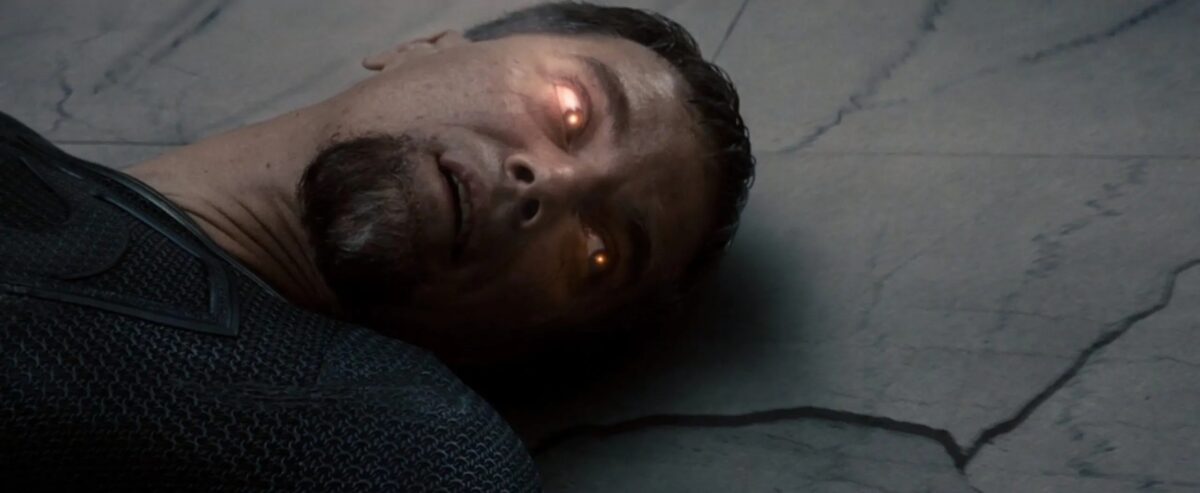
James Gunn’s upcoming film Superman (originally titled Superman: Legacy) is set to take the Man of Steel back to cinema screens in 2025. Gunn’s Superman film visibly draws inspiration from a variety of sources, with Corenswet’s suit (itself an unfortunate downgrade from Henry Cavill’s Superman suit) inspired by the Kingdom Come comics story. Moreover, Gunn has spoken on multiple occasions about Christopher Reeve’s Superman films as a major inspiration for his conception of Superman, which could heavily indicate a nostalgic tone for Gunn’s Superman film.
A major point of contention within Superman fandom, and superhero fandom overall, is Superman himself adhering to a no-kill rule. More often than not, this tends to become conflated with the nostalgia for the Reeve-led Superman films, which Superman purists tend to cite as the definitive version of the Last Son of Krypton, especially in contrast to the polarizing reception to Henry Cavill’s Superman in Man of Steel, Batman v Superman: Dawn of Justice, and Zack Snyder’s Justice League.
Examining Superman’s Moral Dilemmas
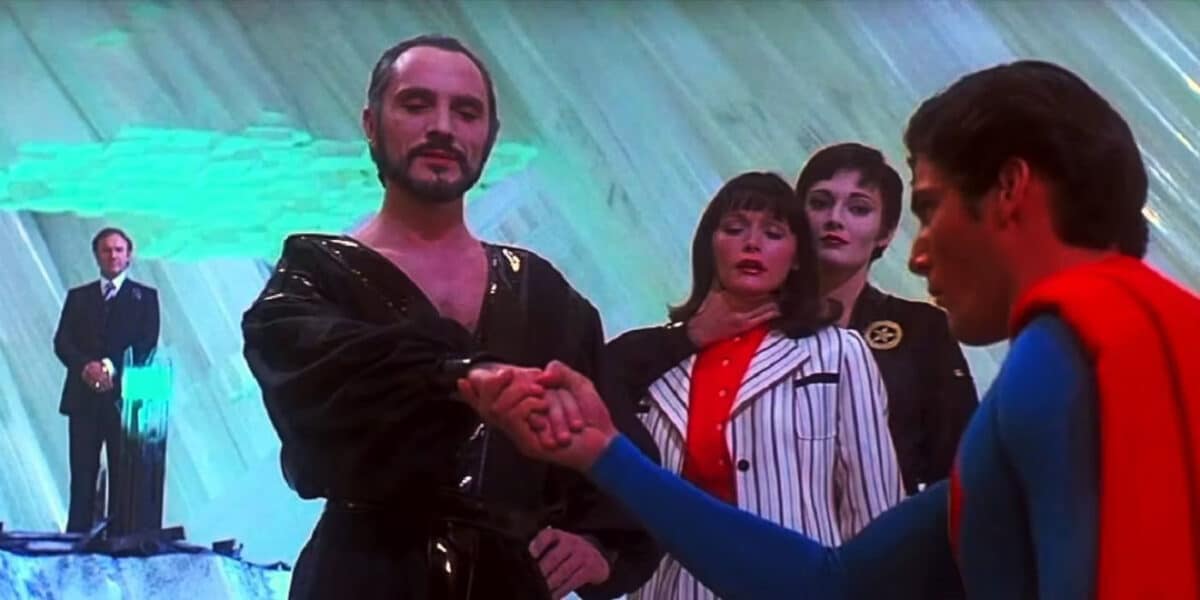
While Reeve’s Superman is undeniably iconic and important to the history of Superman and the superhero genre, Gunn using it as the basis for potentially implementing a strict no-kill rule for his Superman is a non-starter on multiple levels and is bound to become a major problem for the larger DCU franchise because of the impact Man of Steel’s ending has had on Superman cinematically.
To begin with, Reeve’s Superman is hardly one to cite as evidence of Kal-El abiding by a no-kill policy, as is most evident in the ending of Superman II. There, Reeve’s Superman tricks General Zod (Terrence Stamp) into being de-powered in the Fortress of Solitude before crushing Zod’s hand and tossing him into the icy depths of the Arctic.
There are also numerous examples in comic books and television adaptations of Superman finding himself forced to use lethal force in extreme situations, and this is also where the legacy of Man of Steel enters the conversation. In short, Man of Steel’s ending, in which Henry Cavill’s Superman is forced to kill a rampaging General Zod (Michael Shannon), has made far too great of an impact to be ignored in future adaptations of the character.
However divisive and still intensely debated the ending of Man of Steel may be, it shows that there are scenarios in which Superman can find himself forced to take a villain’s life in order to save humans under immediate threat. Superman hardly takes any joy in killing Zod, as his pained cry of heartbreak after doing so shows, but the situation itself quite simply leaves him no other choice in order to stop Zod from slaughtering billions of people.
The Peril of Ignoring Man of Steel’s Lessons
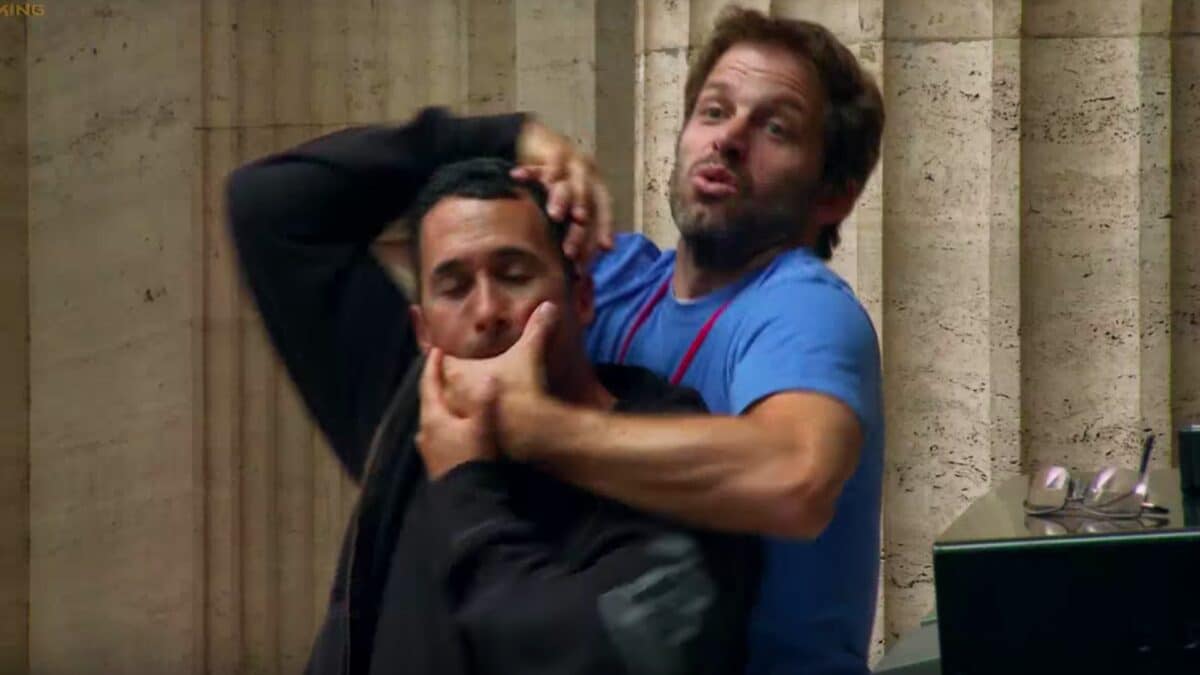
Man of Steel’s ending remains a major statement that Superman cannot, and indeed should not, prioritize a no-kill policy if doing so could cost the lives of people he is trying to save, and it is a lesson that Gunn’s Superman cannot afford to ignore.
If the DCU implements a set-in-stone no-kill rule for Superman, it will show both rigidity and timidity in never placing Superman into situations requiring him to make difficult, in-the-moment decisions to protect the people of Earth.
That Man of Steel chose to confront such scenarios head-on has made it a lightning rod of continued debate, discussion, and dissection on whether Superman or any other superhero should EVER kill. By contrast, the DCU’s Last Son of Krypton has a strict no-kill rule that would effectively force any cinematic portrayal of him to eternally play it safe.
Nuance in Superman’s Moral Code
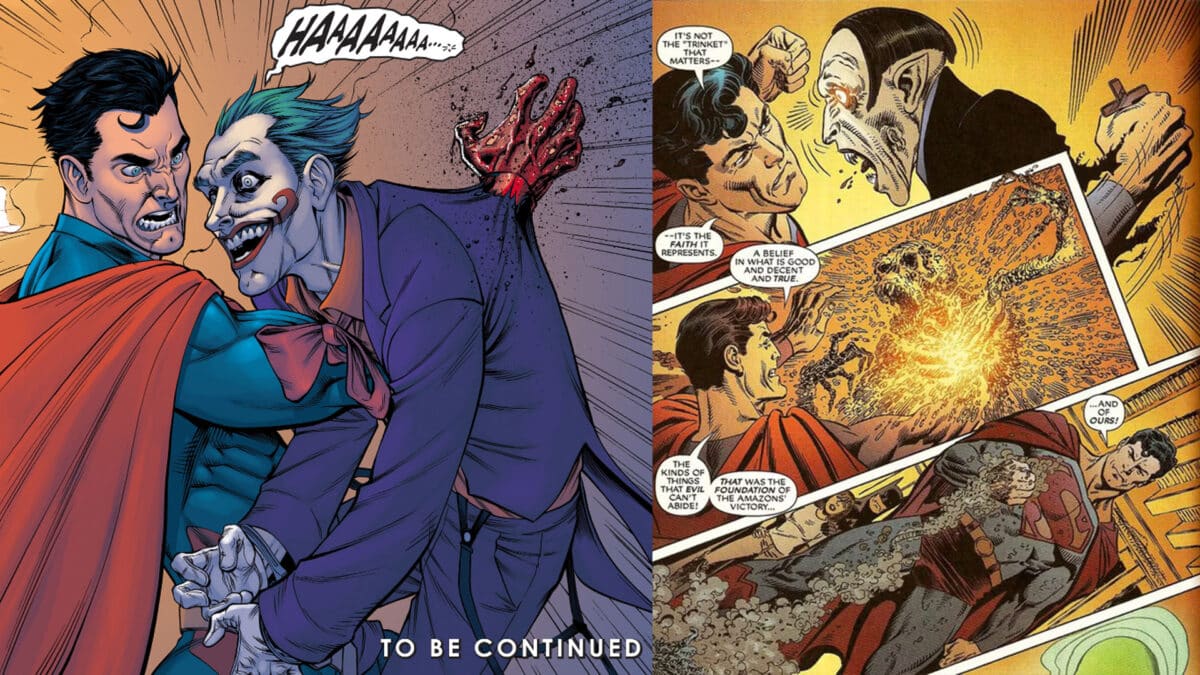
Superman most certainly never sets out to kill, but there is a great deal more nuance to be had in discussing whether or not he should ever kill under any circumstances. That very nuance is something the DCU can only ignore to its peril in its portrayal of Superman.
To paraphrase the immortal words of Heath Ledger’s Joker, when it comes to Superman ever being justified in taking a life, Man of Steel changed things forever.
Tell us, do you think James Gunn and David Corenswet’s Superman should stick to the no-kill rule? Also, check out our analysis of the Batman v Superman Martha scene and Jonathan Kent’s death scene in Man of Steel.

